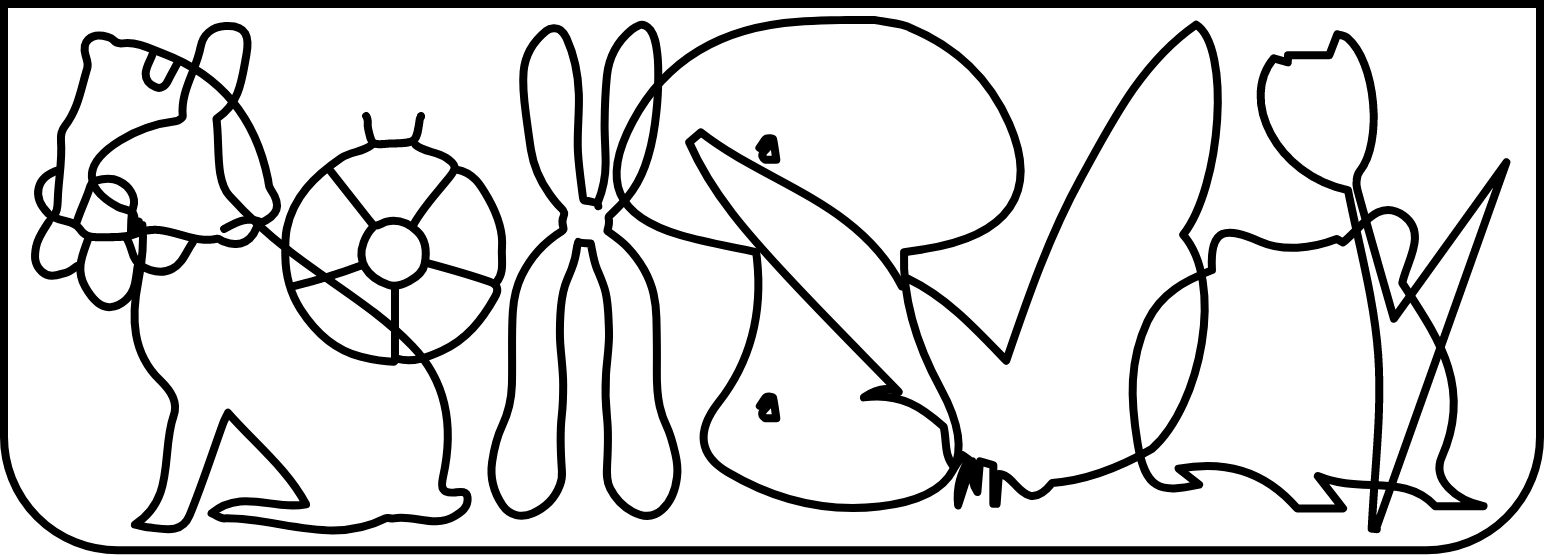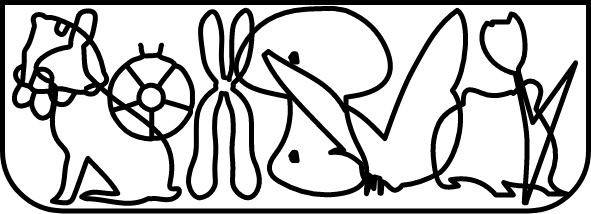
platform_as_a_curatorial_research_lab_for_independent_curators

curatorial practice
We Cry Poetry
curator _ Jeanette Bisschops
Growing up, I was a child constantly engrossed in stories. Growing up quite insular and not allowed to watch much tv, I would get new stacks of books at the local library almost every weekend. But while I had a passion for words and the worlds they create, it was hard for me to access more peculiar, playful and poetic works. Raised in a household and a society that idolizes rationality, poetry felt both frivolous and terrifyingly open-ended. While works of fiction usually stay within the established limits of grammar and logic, poetry moves more ambiguously and arrives on the emotional side of language. Poetry seems to create a space that makes it possible to abandon the establishment of limits, reopening the indefinite. It acts as language’s excess in a way, a game to indefinitely shuffle meaning.
In the last century, technological advances have made our world both increasingly simplified and determinate. One interconnected global system now dominates our social and political decision making and communication. A system created and driven by those who have been dominating the world over the past centuries, made to divide the world into strict categories in order to control large masses of people. This system is interested in predictability and order, not in chaos or creativity. It’s in this establishment of limits that the world comes into existence as language, says Italian philosopher Franco “Bifo” Berardi in his book “The Uprising: On Poetry and Finance” (2012).
The urge to control and limit the world can be traced back to a shift that happened during the neolithic period, when societies mentally separated themselves from nature and began exerting power over it. This dominance however really cemented itself between the 15th and 19th century. An age of rationalization, modernization, but also of domination and imperialism. More complex systems of knowledge, that existed outside the non-christian Western world, were often eradicated. Any sense of magic, or un-explainability were destroyed or simply forgotten. This information age suggests that our world and our universe and everything in it can be reduced to mathematics. We assume we can analyze and ‘read’ anything we encounter. That there is one language there is to crack and when we do, we can predict and dominate the world.
This way of living towards domination perhaps serves the ‘one percenters’ of the world, but the rest of us are increasingly feeling the disconnection from the richness and complexity that we and our connection to the world inherently brings. Is there a way to return to a more complex world, where words and gestures carry complex implications, allowing for ambiguity? For a way of living, sharing knowledge, and communicating that refuses to be easily processed, and predicted? The project ‘We Cry Poetry’ views poetry as an act of refusal. A refusal to accept that reality just has one single meaning. It is created by us, and we can refuse its limits to open up old and new worlds. A refusal of the noise and rhythm of the machine.
“A child singing in the night because it is afraid
of the dark seeks to regain control of events that
deterritorialized too quickly for her liking and
started to proliferate on the side of the cosmos
and the Imaginary. Every individual, every
group, every nation is thus "equipped" with a basic
range of incantatory refrains.”
- Felix Guattari, Chaosmosis: An Ethico-Aesthetic Paradigm (1995)
This selected group of artists explores how we can navigate this conflict between ourselves and the governing systems around us. They navigate poetical tactics to reopen the indefinite meaning of words, gestures and everything that human interaction encompasses.
Throughout the process of working on this project, I have reflected on the function and history of communication, between people, nations, and between artists and the rest of the world. Social isolation during the COVID-19 pandemic brought us into the needed silence to rethink our relation to each other and to the world we inhabit. What magical possibilities can be revealed if we refuse techno-linguistic automatisms in our social circulation of language? As proposed by Berardi, when the social body is wired by techno-linguistic automatisms, or complexity-reducing interfaces, social behavior gets trapped into regular and inescapable patterns of interaction. It is in this state that we lose a sense of autonomy, as our language is subsumed by the capitalist cycle of production, effectively freezing affective possibilities of language. Reconfiguring and reimagining the relation in all our senses might be the key to transforming our mentalities and reshape our society. Édouard Glissant said it best in his book ‘Poetics of Relation’ (1990):
“This is why we stay with poetry. And despite our consenting to all the indisputable technologies; despite seeing the political leap that must be managed, the horror of hunger and ignorance, torture and massacre to be conquered, the full load of knowledge to be tamed, the weight of every piece of machinery that we shall finally control, and the exhausting flashes as we pass from one era to another -from forest to city, from story to computer- at the bow there is still something we now share: this murmur, cloud or rain or peaceful smoke. We know ourselves as part and as crowd, in an unknown that does not terrify. We cry our cry of poetry. Our boats are open, and we sail them for everyone.”
Jeanette Bisschops is an independent Dutch curator, art critic and writer residing in New York. Interested in expanding and challenging dominant narratives within the art world, her current work researches how artists' practices are challenging our social imagination. She was Curatorial Fellow at the New Museum, New York between 2019 and 2022 and served as Curatorial Assistant for Time-Based Media at the Stedelijk Museum Amsterdam between 2016-2019. She holds a Master’s in Psychology from Maastricht University and a Master’s in Art History from the University of Amsterdam.








